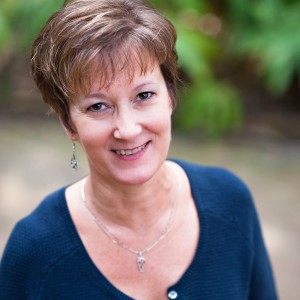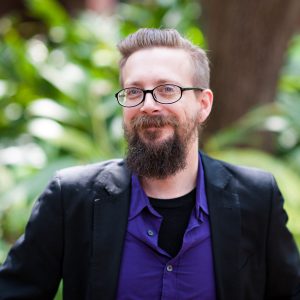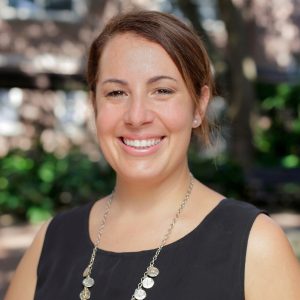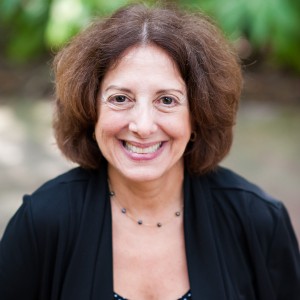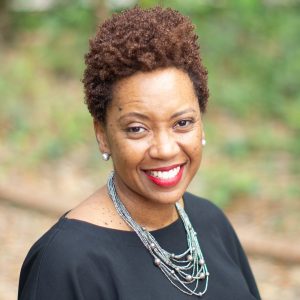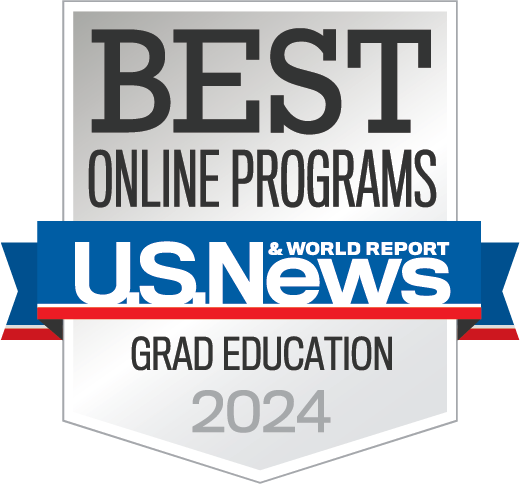Penny Cox
Special education has been a part of my entire adult life. From my undergraduate college program to teaching elementary school to my current position in the College of Education, I have been working with children who have disabilities or preparing teachers to work with them. I enjoy what I do because I get to be involved in the field I love. I get to share special ed with others and see them grow to become dedicated teachers who make a difference in the lives of the children the teach.
I also enjoy teaching EEX2000 Impact of Disabilities: Home, Community, and Workplace. It gives me the chance help students outside of the field of education understand disability and, hopefully, help them start incorporating aspects of that understanding into their own experiences. Teaching EEX2000 – and other courses in the Disabilities in Society undergraduate minor – it’s exciting to see students not just learn about disability, but connect what they learn to their own lives, families, and future professions.
Nicholas Gage
I’ve committed my professional career to improving the lives of children and youth with or at-risk for emotional and/or behavioral disorders (EBD). These children continue to be among the most challenging populations of to serve and research continues to confirm the dismal short- and long-term outcomes for they experience. Yet, many of us know at least one child that has improved, one child that has responded to intervention, one child that succeeded in school and beyond. For me, that one child represents my enduring commitment to serving children with EBD. First, I am that child. Growing up, I experienced many of the predictors of EBD, including high poverty, limited adult supervision, and a desire to escape. What drives my research is the need to know why I did not end up like so many others, why I responded. Second, I am an educator of children with some of the most profound behavioral challenges, yet I’ve never lost hope because of something a mentor once told me: “if you can help one child, just one, escape poverty, escape crime, achieve a better life, then you entire career was worth it”. What do I enjoy about what I do? I enjoy the opportunity I’ve been given to help many children to be successful. However, as long as I help just one, then my career and everything I’ve done has been worth it.
Vivian Gonsalves
I feel truly privileged to be part of such a supportive group of teacher educators in the special education department. I am a former ProTeach student who dreamed of making a difference for struggling learners. After years of experiencing the thrills and challenges of teaching in our elementary classrooms, I now have the honor of teaching future special education teacher-candidates to help them become better prepared to work with their struggling readers. One of my greatest joys as clinical faculty is working with students enrolled in various programs in the College of Education who are learning the UFLI intervention model (‘UFLI’ stands for University of Florida Literacy). In this role, I observe our preservice teachers grow exponentially, not only in their knowledge of evidenced-based methods for teaching students with learning difficulties, but also in their love for teaching.
Linda Lombardino
My career in higher education, with its current focus on teaching and mentoring students in research, is greatly influenced by my passion to help students find their own “fingerprint” for ways in which they can contribute to advancing our knowledge in identifying and instructing children with learning disabilities.
Erica McCray
I enjoy being a special education faculty member because it is an opportunity to be both autonomous and collaborative in pursuing equitable outcomes for students of color, who have disabilities, and/or live in poverty. My work is guided by an ethic of care and excellence. I have been involved with various research and technical assistance projects and taught courses with a singular focus – to change the thinking and practice of pre- and in-educators. I feel fortunate to collaborate with colleagues down the hall and across the country who are committed to improving the lives of children and families.

